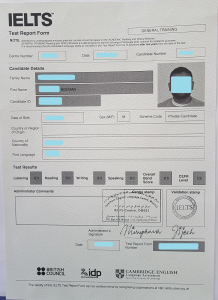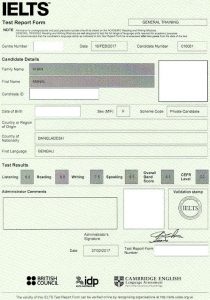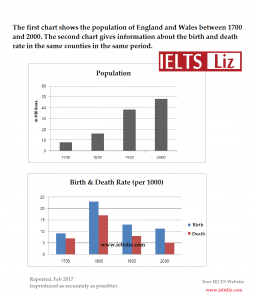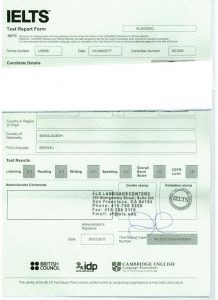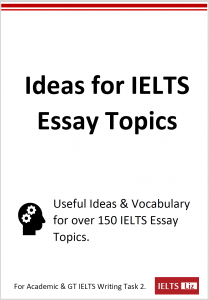Mistakes in grammar or vocabulary can affect your score in IELTS writing. Learning to proof read your essay will help reduce the errors and improve your score. There are links to more practice lessons below.
Spot the Mistakes
The following sentences contain mistakes (one or more). Can you spot them?
- Research into space explorations can lead to new cutting edge technology.
- Handwriting skills is still essential even in todays modern world.
- The best way to tackle problem of littering is to have more bins available.
- Working long hours is a problem which can lead to increase levels of stress.
- Government should spend more money on the arts for order to protect cultural identity.
If you are aiming for band score 7, you should be able to spot 6 out of 7 mistakes.
Answers
Click below to reveal the answers:
Answers- space exploration = uncountable
- Research into space exploration can lead to new cutting edge technology.
- noun verb agreement = are / today = today’s
- Handwriting skills are still essential even in today’s modern world.
- problem = it needs an article
- The best way to tackle the problem of littering is to have more bins available.
- working long hours = this is a noun phrase starting with a gerund = singular verb is correct / increase = increased
- Working long hours is a problem which can lead to increased levels of stress.
- Working long hours is a problem which can lead to an increase in the levels of stress.
- government = article needed / for order to = in order to
- The government should spend more money on the arts in order to protect cultural identity.
More IELTS Essay Writing Lessons
If you would like more lessons, tips and see some model essays, please see this page: IELTS Writing Task 2 Main Page
Main IELTS Pages
Develop your IELTS skills with tips, lessons, free videos and more.
- IELTS Listening
- IELTS Reading
- IELTS Writing Task 1
- IELTS Writing Task 2
- IELTS Speaking
- Vocabulary for IELTS
